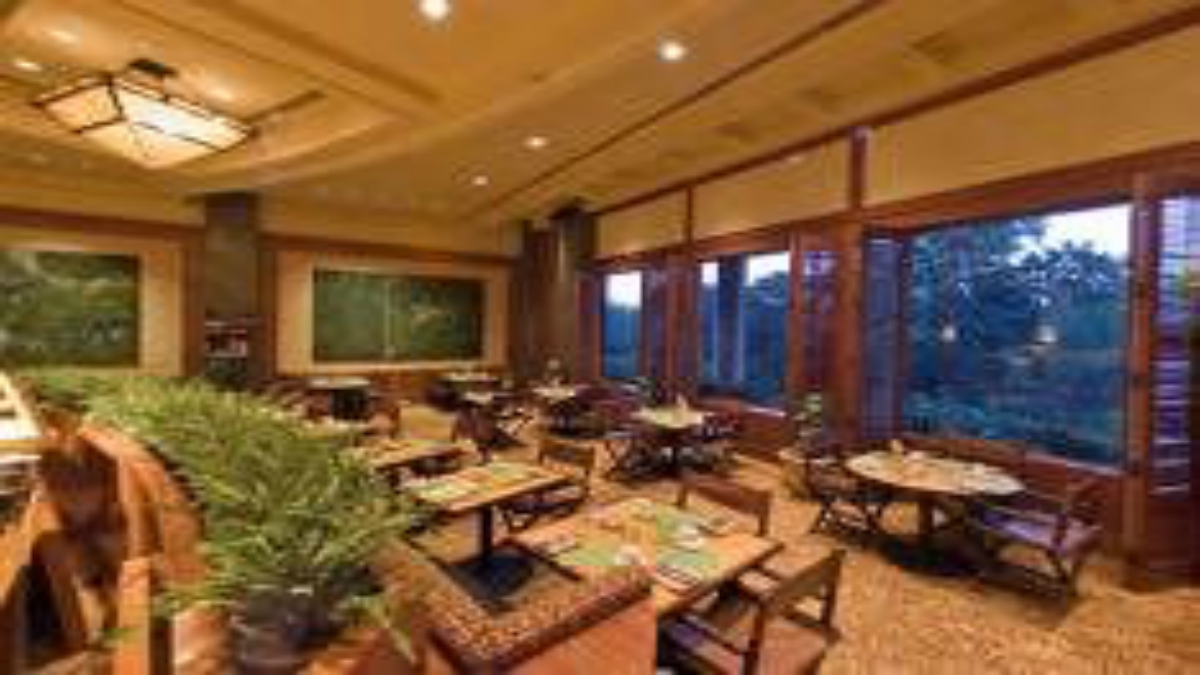


Not many five-star coffee shops in India can compete with the pedigree and fan following of Machan, which opened in 1978 at the Taj Mahal Hotel on Mansingh Road, New Delhi. It has hosted some of the country’s best-known politicians— from L.K. Advani to Arun Jaitley, Sushma Swaraj, Kapil Sibal and Salman Khurshid (the Taj, in fact, has been a favourite of lawyers because of its proximity to both the Supreme Court and the Delhi High Court)—and global thought leaders, from Stephen Hawking to Amartya Sen. In the 42 years that the hotel and its iconic ‘coffee shop’ have been around, Tapash Bhattacharyya, its chef-manager, has seen the ebb and flow of business since 1982, when he was spotted by another famous chef, the late Arvind Saraswat, in Kolkata.
Machan was the first job opening Bhattacharyya got when he was a rookie—and he has stayed on ever since. “I have so many fond memories associated with this hotel that I have found it impossible to move on,” says Bhattacharyya, who retires next year. This has been a milestone year for him, for he was a key member of the team that has re-designed Machan and created its smartest version ever. He was also responsible for Machan’s second avatar—developed at the turn of millennium, but never really appreciated by old-timers.
Machan’s original junglethemed decor and menu was developed by Elizabeth Kerkar, who’d designed the best of Taj hotels and restaurants in the days when her husband Ajit Kerkar headed the Taj Group; Camellia Panjabi, the food marketing whiz of her time; Divya Bhanu Sinh Chavda, a senior Taj executive who was better known for his brilliant wildlife photography (in fact, the old wildlife murals on the walls of the original Machan were based entirely on his pictures); and Chef Saraswat. From the early day, Bhattacharyya remembers how Advani would insist on having potato bhujias sold at tea stall across the road from the hotel along with the sandwiches he would order at Machan.
The bhujias he would dip in the green chutney made at the coffee shop. And Bhattacharyya also remembers Amartya Sen’s standing instruction that his food should not be the least spicy. For the hoi-polloi, the most vivid memory was that of ordering a Hungarian Paloc (a lighter soup compared with the better-known goulash), with Taj’s famous bread basket as accompaniment, for the princely sum of Rs 5. For others, the legendary Kona Coffee, poured endlessly for Rs 5 (bread basket included), and 50 per cent discount on food after midnight, were the other memorable hooks, especially if you were a youngster coming up after a night of partying at the late Number One discotheque in the basement.
The Taj Group’s CEO, Puneet Chhatwal, still remembers fondly his early encounters with the Taj in his college days. He would wait in the queue for a considerable time after midnight to get his table at Machan for his favourite Kona Coffee and bread basket. Machan 3.0 has revived the pricing of Paloc and Kona Coffee at Rs 5 per serving, provided of course your bill adds up to a minimum of Rs 500 per person.
In its present avatar, dominated by an understated bamboo and cane decor complemented by chic banquette seating and terracotta animal heads on the walls made in a style that has evolved into a fine art form in Bengal, Machan has a light, sunny look about it. The food menu, developed by Chef Arun Sundararaj, does away with Machan’s famous buffet even during breakfast. Instead, you have an international menu that draws on the jungle theme and brings out the best talent hidden in the kitchens of the Taj.